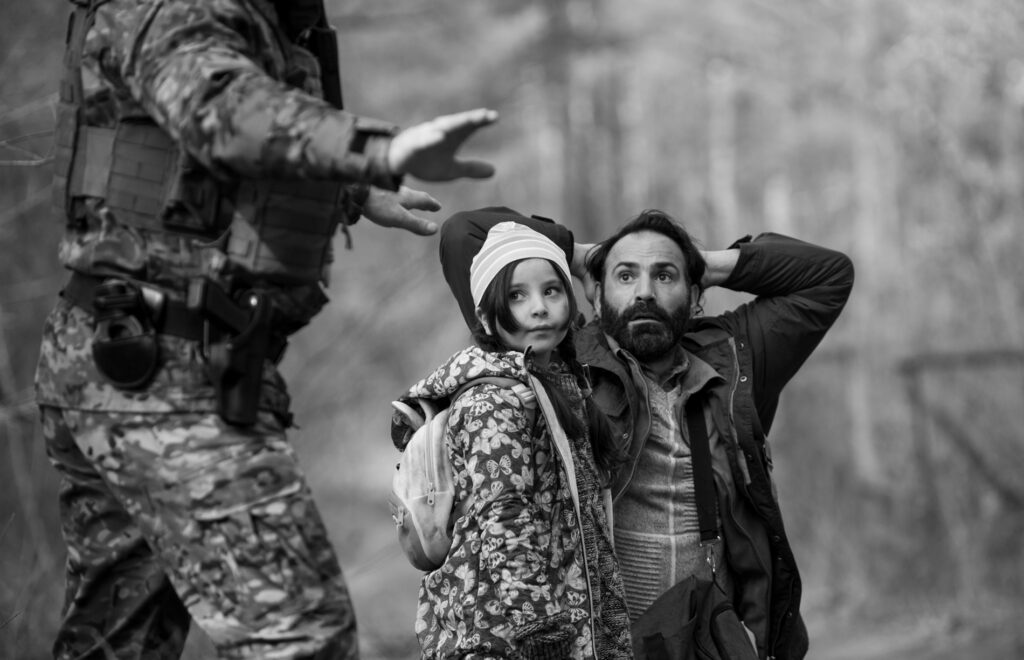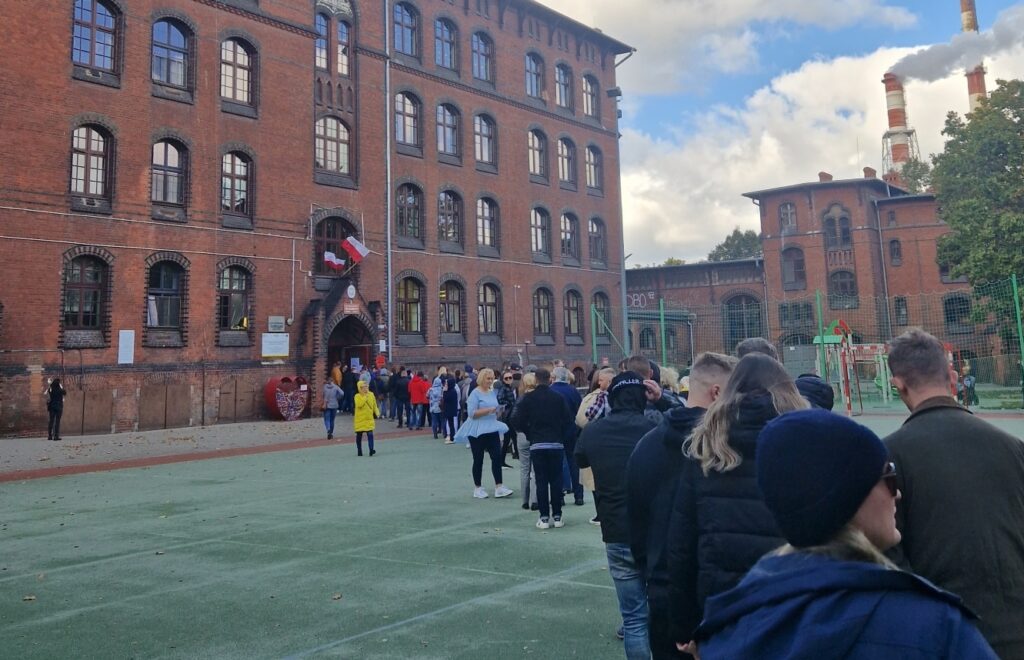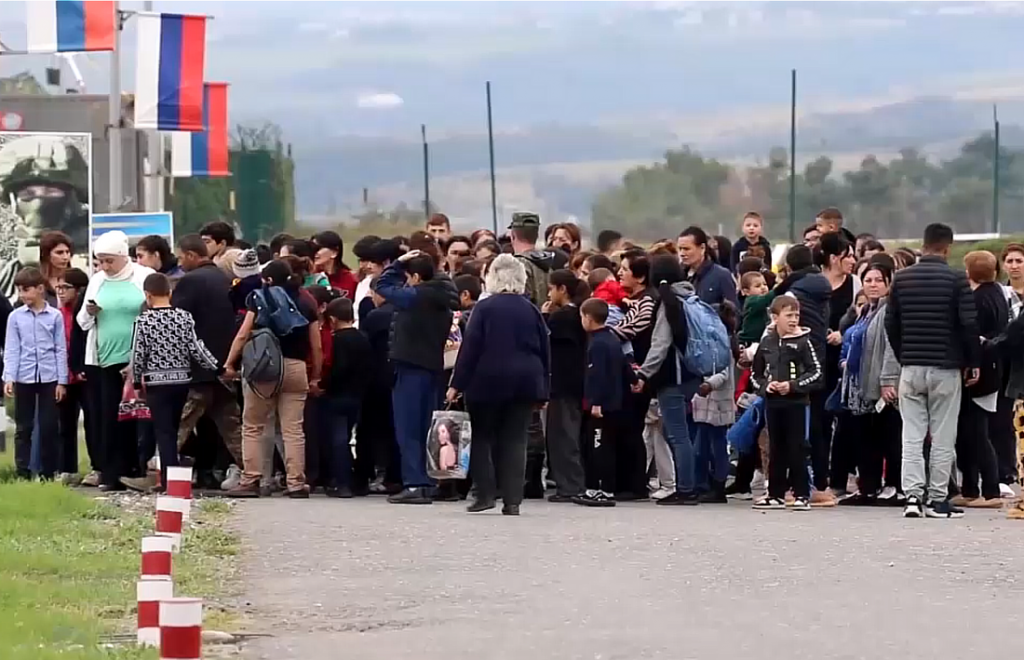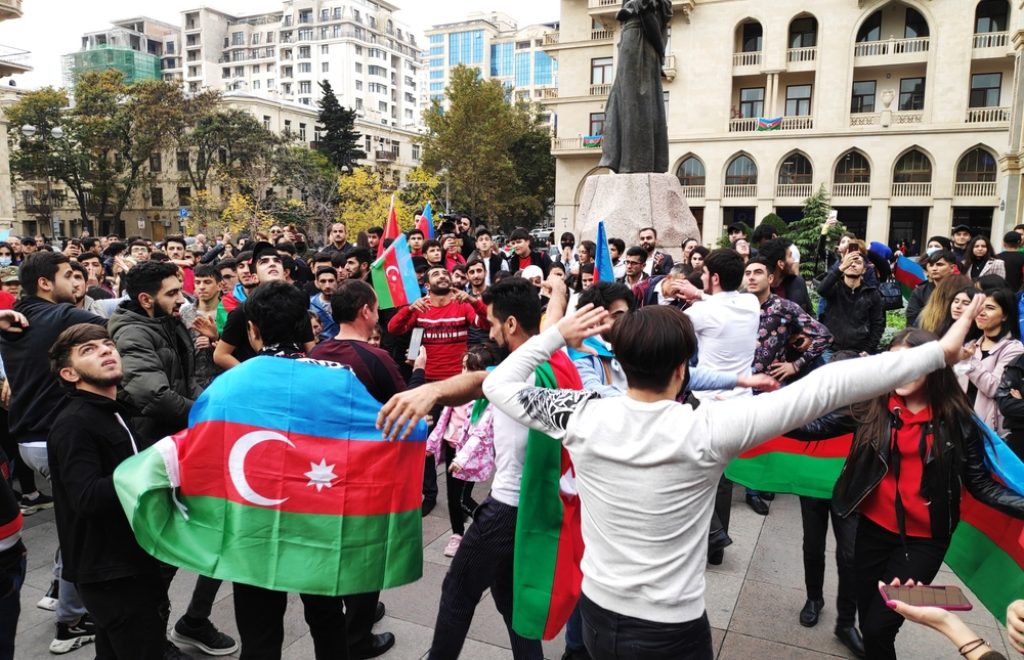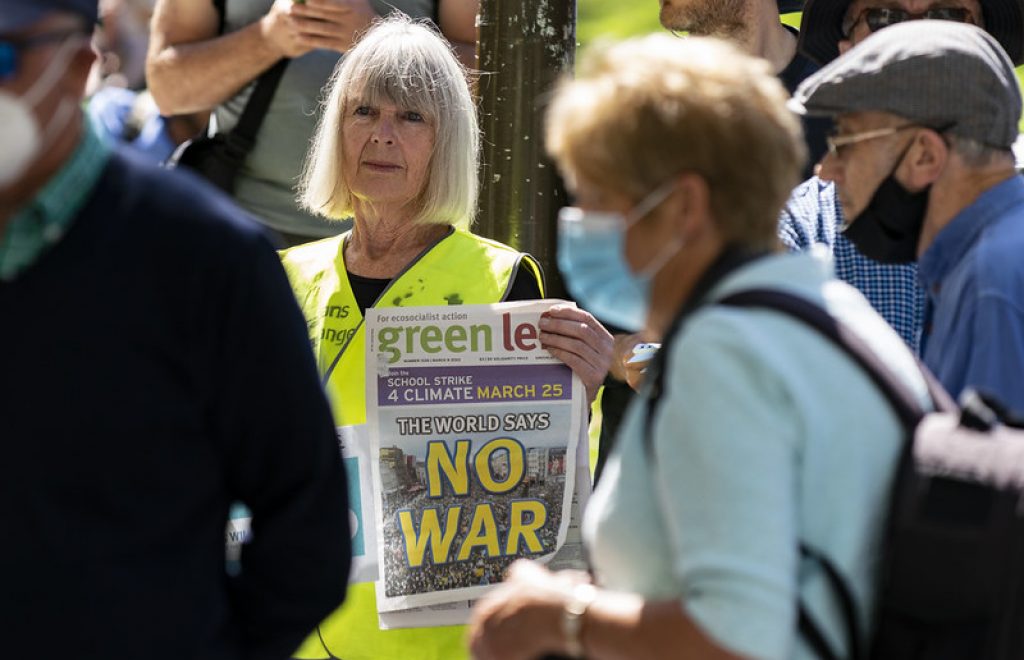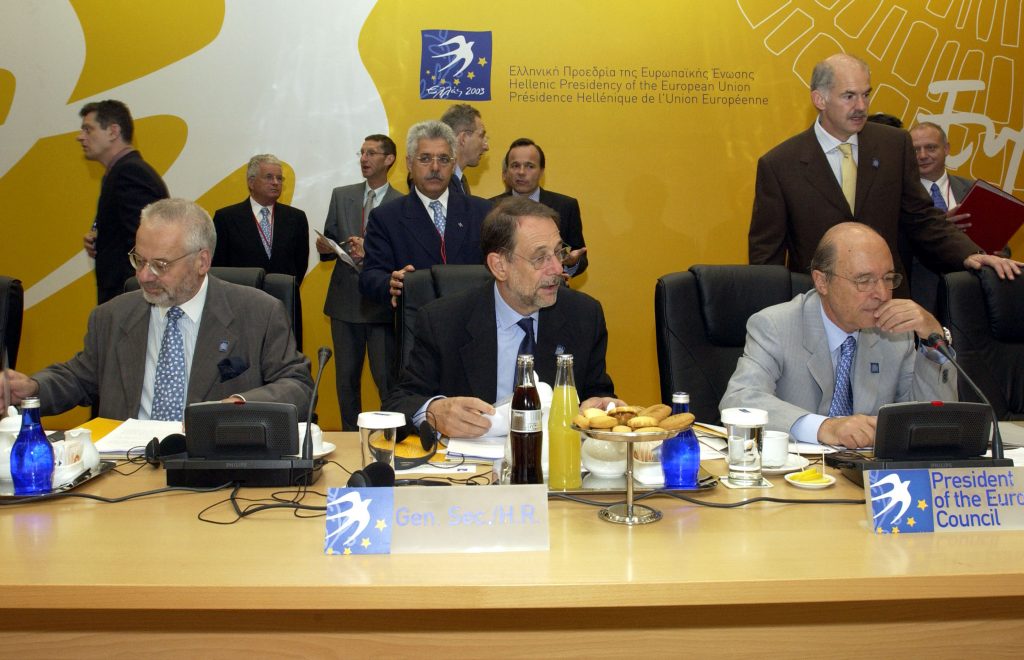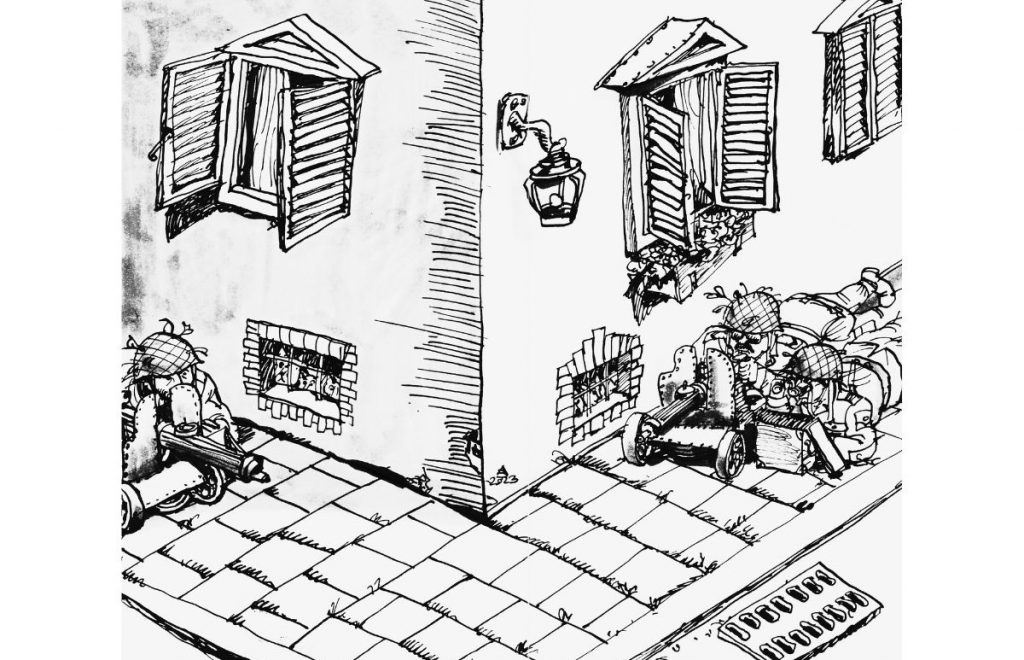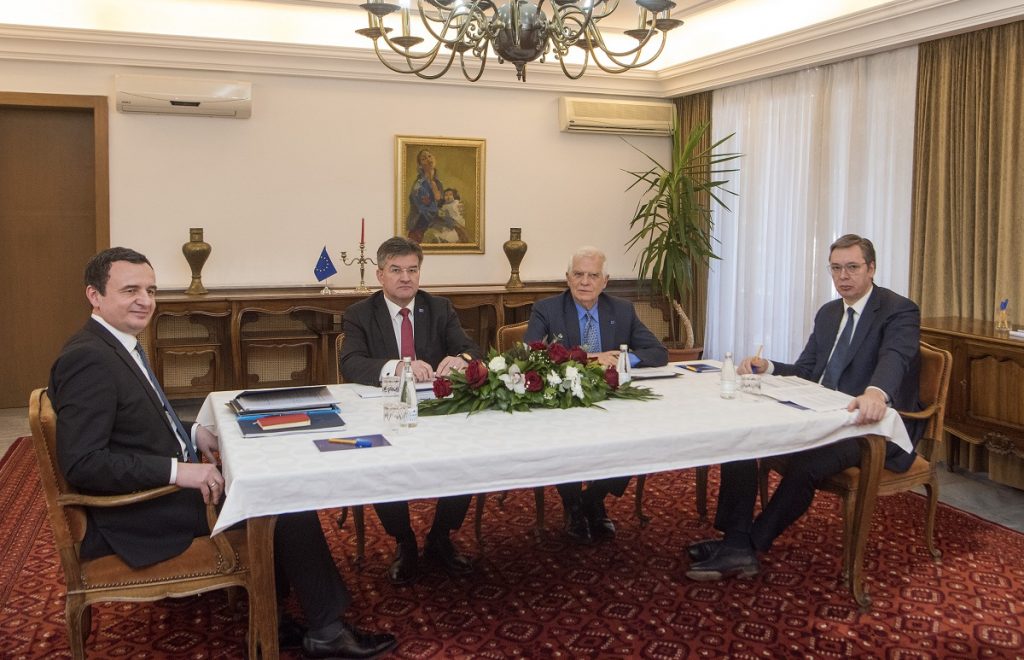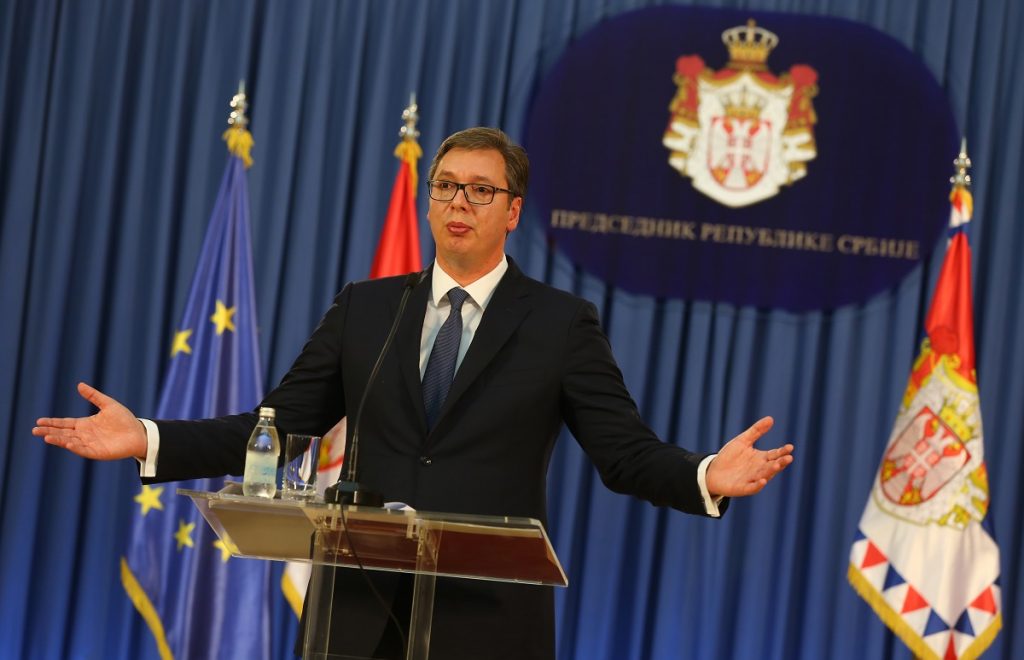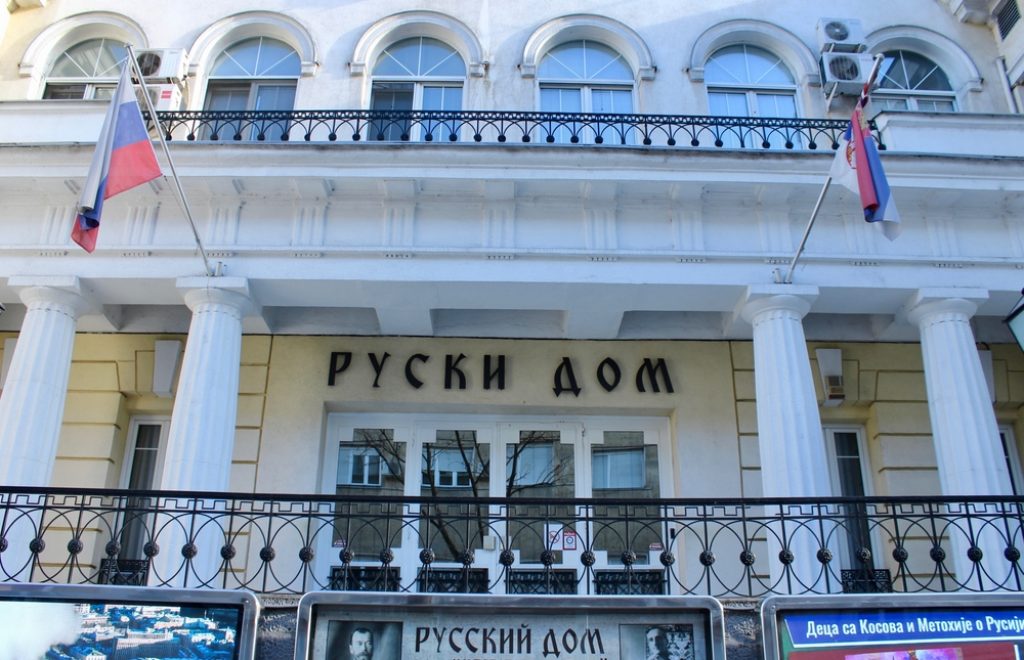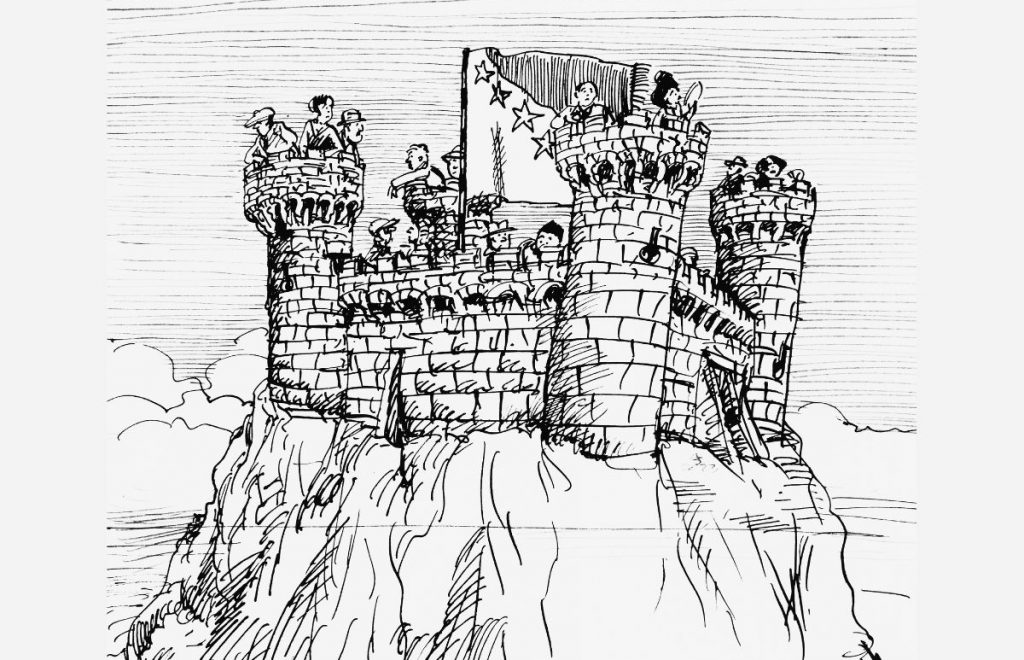Migrants on the border (of the Polish imagination)
The release of Agnieszka Holland’s film The Green Border (Zielona Granica), which depicts the human drama of people pushed across the Polish-Belarusian border and the helplessness of activists willing to help them – helplessness resulting from the specific political decisions of the Polish authorities – has been met with unprecedented heckling and brutal attacks in Poland. The outrage of the country’s highest-ranking politicians from the United Right coalition was clear.
November 16, 2023 - Piotr Augustyniak


